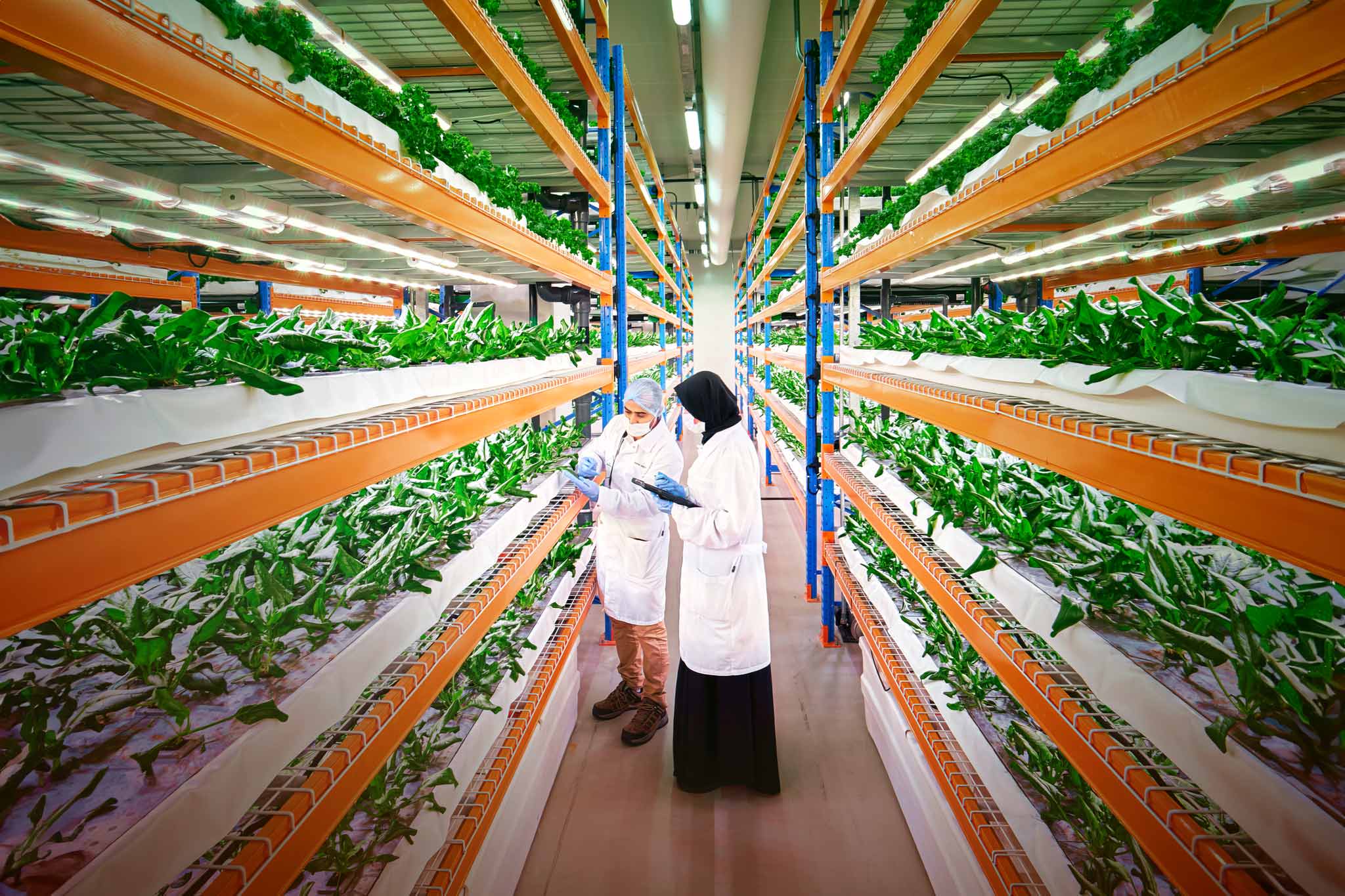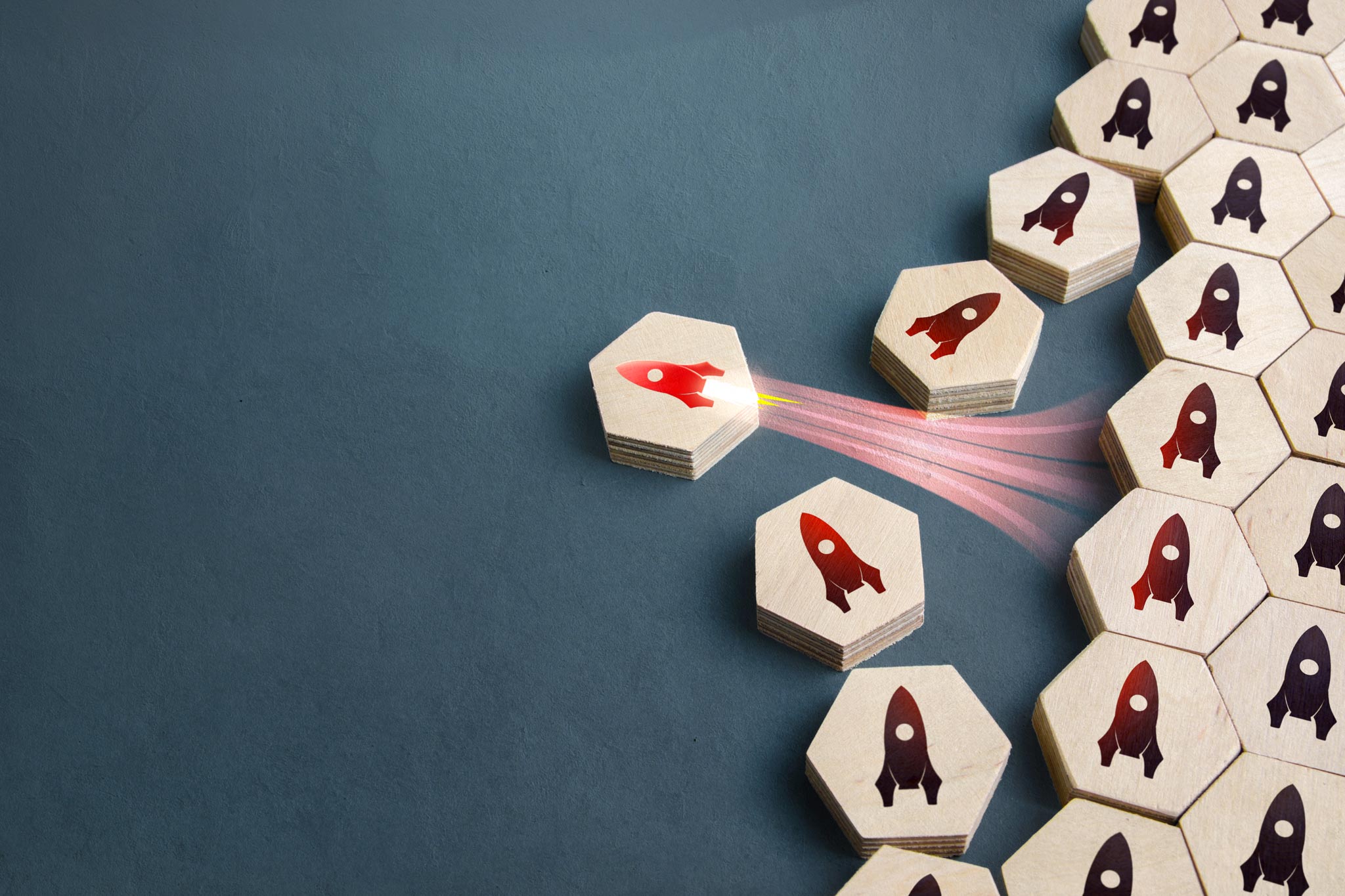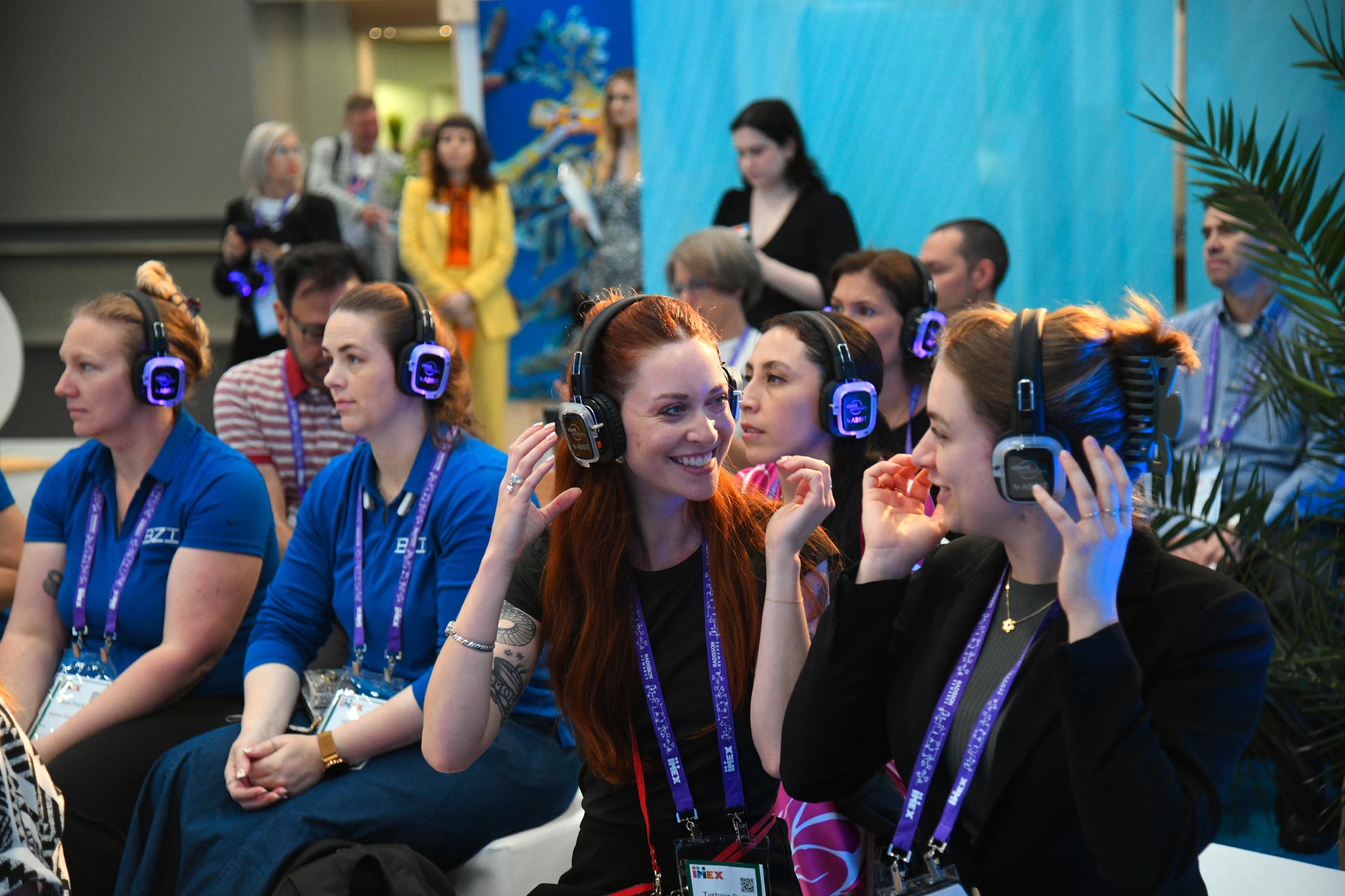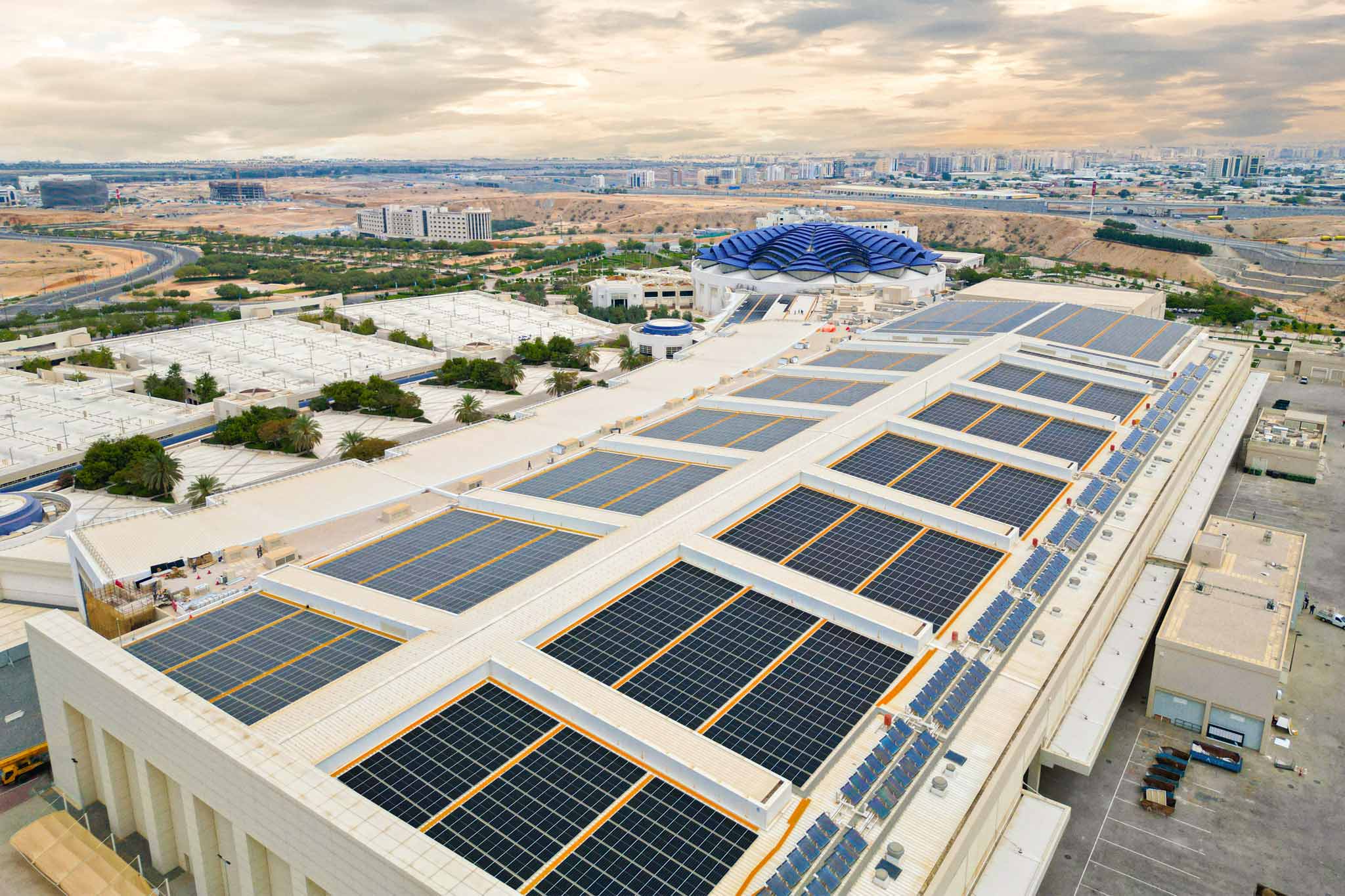Long-term food security and self-sufficiency are vital to any country’s economic growth, and the UAE is no exception. Bustanica, Emirates flight catering unit, is the world’s biggest vertical farm, producing over a million kilos of leafy greens annually with 95 per cent less water than conventional farming and saving 250 million litres. Also, Bustanica, which means ‘your garden’ or ‘orchid’ in Arabic, grows fresh produce without pesticides, herbicides, or chemicals.
Vertical farming has a significantly smaller carbon footprint than traditional agriculture. This method grows plants using mineral nutrient solutions in water and without soil. They are grown in a fully controlled environment, and everything from temperature, humidity, lighting, water, and nutrients is precisely monitored, maximising growth and yield. The new farm aligns with the UAE’s National Food Strategy 2051 agenda for reliable year-round crop production and a stable supply chain independent of weather and attacks by pests or fungus.
The vertical farm will secure the flight catering supply chain and reduce its carbon footprint by bringing production closer to consumption and reducing the food journey from farm to fork. The hydroponic farm near Al Maktoum International Airport produces and harvests over a million kilograms of leafy greens annually, or about 3,000 kilograms per day. Saving 95 per cent of water in production also contributes to the UAE Water Security Strategy 2036.
Emirates Flight Catering is one of the largest catering companies in the region and across the Middle East; it supplies food to over 130 airlines and produces over 250,000 meals per day. With this capacity and delivery volume, the catering unit began looking at how to source better the raw materials they needed. They started looking at chicken from Brazil and beef from New Zealand because Dubai is a country where over 80 per cent of its food is imported, and they know that leafy vegetables prefer to be kept from being transported.
“Therefore, many airlines get complaints about their salads. But salad and spices are a speciality in airline kitchens. The salad can take seven days to reach the catering kitchen, perhaps from California. Then, it undergoes washing and disinfection to remove the chemicals before being chopped and packaged, degrading the leaves’ quality. When the salad is served on the plane, it may take 12 to 18 hours before it can be eaten,” says Firas Al Soufi, manager of Emirates Bustanica.
The idea for Bustanica was conceived as recently as 2016. The initiative is a joint venture with Crop One Holding, a US-based company with over a decade of experience in research and development. Bustanica will grow fresh produce using machine learning, artificial intelligence, advanced methods, and a specialised in-house team of agronomy experts, engineers, horticulturists, and plant scientists.
“We are also investing in R&D on herbs and leaves. For example, we tried growing strawberries for three months, which was a great success; the strawberries did not get white shoulders. When looking at vertical farming, two things are crucial: the expected yield per cycle or per harvest and the time it takes to reach the harvest.
“We are a 100 per cent soilless facility. We are hydroponic. Our product is ready to eat, so it doesn’t need to be washed and disinfected, which gives flavour, crispness, nutrients and sustainability. Because when you wash the leafy greens, you can’t dry them 100 per cent, no matter what you do. If you don’t, you can expect a long shelf life, which for us is 14 days right now, which is acceptable.”
Within the facility, Bustanica has chosen to work with isolation and separation. On three floors and across 10,000 square metres, they have 27 courtyards, nine on each floor. Each rack is 100 per cent separated from the others, which means fault at the rack level does not affect the other rack in the courtyard.
“Bustanica is beyond organic because the plants are 100 per cent ready to eat … We can harvest within 28 days, while traditional farming requires 40 days”
“Imagine how much control we have over the crops. That’s why we can promise security for our yield. Security for the volume. We need price certainty because we know how much it costs. Before signing the contract with Emirates, we knew how much we could deliver daily for each leaf throughout the year because the climate does not control us.”
Firas Al Soufi states that they are governed by the controlled environment they create. Each room is also 100 per cent isolated in terms of temperature, humidity, and day-and-night cycles. When we meet him inside the facility, it is daylight for the green leaves. But when the lights go off, it becomes a night cycle for them.
“We control the cycle, the nutrients, and the water within each rack level, even if it’s not at the room level. That way, we will be 20 per cent faster than conventional farming. We can harvest within 28 days, while traditional farming requires 40 days.
“We highlight that Bustanica is beyond organic because the plants are 100 per cent ready to eat. If you taste today and next year, it’s the same flavour. The plants contain nutrients because our team knows when to harvest them. Only a few people think soil generates bacteria and foreign objects on the leaves. We want the produce to be ready to eat, favouring hydroponics.”
Firas Al Soufi says they are looking at new technologies like nanobubbles to eliminate or increase yields. Ultimately, the most important thing for any farm, business, or manufacturing company is that it is a producing unit or facility.
Representatives of the UN have taken notice of what Bustanica is doing and visited the facility during COP28 last year. They stated that they see great potential in this project for the rest of the world and the world’s food supply.
“There is potential in how we can do things better. Automation, for me, is a potential that helps us grow. We see new varieties and new things to grow as potential. We expect to be able to diversify our product portfolio as it will support the airline business as well as hotels, restaurants and retail where we are available. Packaging is also something we are looking at. We are the only ready-to-eat chain in the Middle East. And I think that’s also true in some parts of Europe. Even the strawberries we grew were ready to eat.”
Firas Al Soufi’s vision for the next ten years is for people to realise that we are losing more and more arable land worldwide. Today, there are almost eight billion people, and by 2050, according to UN research, there are expected to be nearly ten billion, so you have to plan food for ten billion people.
“Now, we can cover the needs of conventional agriculture, but we should not only look at leafy greens, vegetables, fruits, livestock, poultry, and all other verticals because we cannot continue to do what we used to do. These technologies, which save water, create new jobs and harvest these as we do volumes, are always the future of agriculture.
“We incorporated our salads and became a partner of COP28 during the 12 days the climate meeting was held in Dubai. Ultimately, we must work together to make people understand this is the future. It can’t be the only thing because technology constantly evolves, and we keep looking at all aspects, whether software, hardware, new technologies or drones. Now, we are discussing a drone company with small drones that can control microclimates and health plans. All this is developing daily.”



